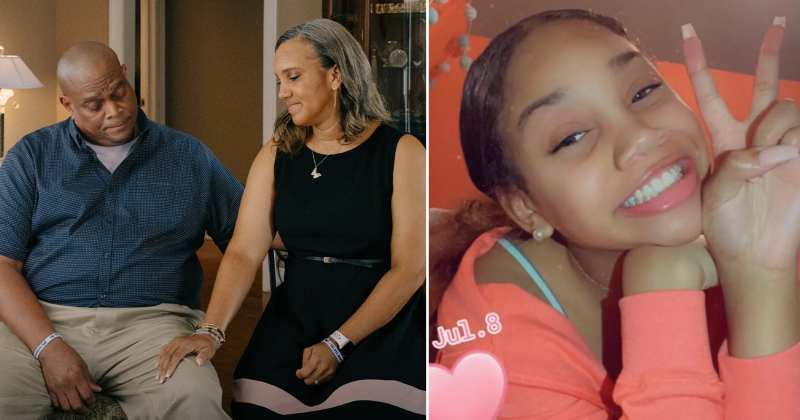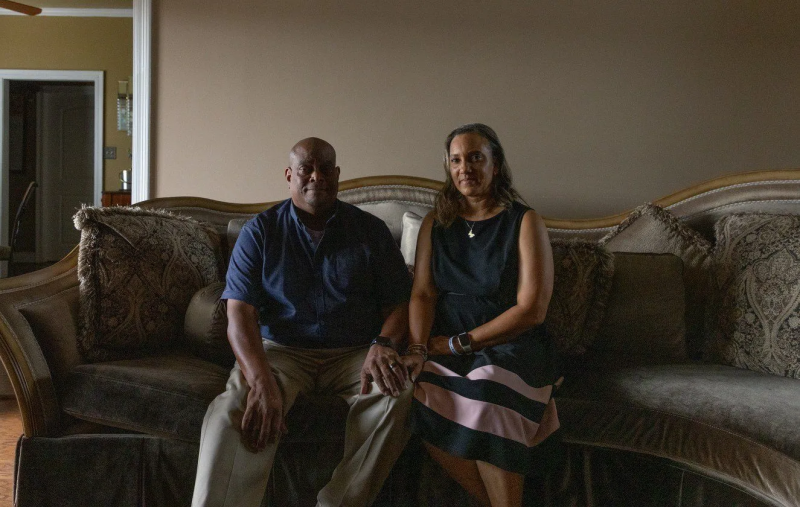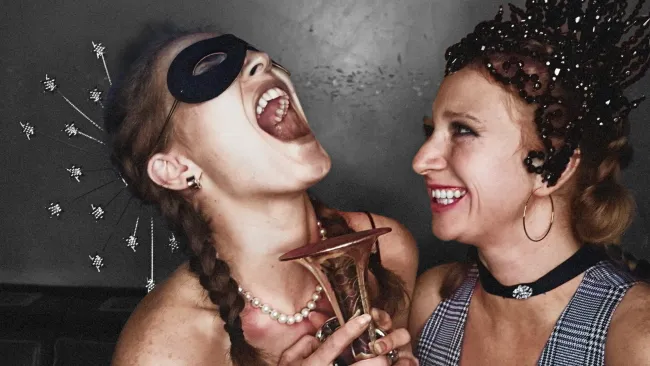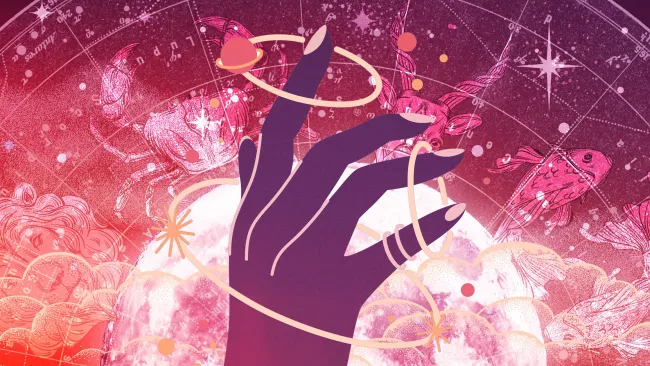
It was a day like any other. Englyn, our 14-year-old daughter, was goofing around with her mom, Brandy, taking selfies.
We kissed her goodnight and went to bed. But the next morning, our universe changed when we discovered she had taken her own life.
There are no words to express the utter grief and devastation we felt – and still feel four years on.
Englyn was beautiful and kind. She was the baby of the family, the heart, and the centre of attention.
We had no idea how this could have happened.
Englyn had displayed no outward signs or symptoms of depression. If anything, it was the opposite. Our daughter was a vibrant young girl who loved dancing and dreamed of opening her own studio.
We had access to her phone and didn’t find answers there either. Then, one night when we couldn’t sleep, we saw coverage of how Frances Haugen, The Facebook Whistleblower, went public with information about how social media platforms were targeting teenagers.
It sounded devastatingly familiar and made us wonder what might be hidden in Englyn’s phone. So we went back and began scouring her social media accounts.
We found massive amounts of self-harm themed content and posts on Instagram. This discovery brought us to our knees.
We are not experts on social media, but since Englyn’s death, we’ve been forced to learn that they often hook users, keeping them engaged at any cost.
Over the last two decades, the rise of social media has been partially linked, in some studies, as one of the factors behind increased rates of depression, anxiety, self-harm, and suicide among adolescents.

When we think back to discovering the contents of Englyn’s social media, our hearts break. We think about the posts about depression, and message threads where Englyn and her friend would search for funny videos but receive dark videos and pages on Instagram, instead.
Englyn wasn’t just engaging with this content, she was sneakily staying up at night to access these platforms – glued to them for hours on end. Something we also learned after our child’s death.
And then we found a video that mirrored the exact scene from when we found Englyn.
Shockingly, it was still being circulated on the platform for a year after our daughter’s death, until that copy finally was removed in 2021. But even more shockingly, even after it was reported and removed, Instagram allowed it back up. Not just once – we have found at least a dozen other related pages where the exact same video is still up and is still being pushed to children.
We can’t help but wonder how many more children like Englyn saw that video and helplessly decided to try it – to this day.
Our fear is that young people will continue to grow up in a world where social media companies will be allowed to continue to target and push harmful content to users and not be held accountable for what they know is taking place on their platforms.
Issues like this are not about content moderation or censorship. This is a company refusing to act while continuing to program for profit, even when it knows it is causing harm.
If children are truly our future, then these platforms should make the necessary changes so more children are protected, and will not have to suffer like our daughter did.
It’s why we are calling for platforms to prioritise safety in their design, acknowledging that parents alone cannot fully shield their children from the risks seemingly inherent in these products.
Companies could remove product features they know to be addictive and/or manipulative, such as the continuous scroll or the sending of notifications intended to draw people back onto their platforms.

We don’t want to see any more childhoods lost to ‘doomscrolling’ – the endless scrolling of negative stories and social media feeds.
We also need better reporting of and responsiveness to harmful content.
Four years ago, we did not know where to turn when we needed help – and now, we hear stories from other parents about how reported content and queries to social media companies are going unanswered all together.
We filed a lawsuit against Meta more than two years ago, in July 2022, in a desperate attempt to get Instagram to fix what is broken. Yet nothing has changed.
We never saw ourselves as activists, but now feel it is our duty. It was a chance meeting with Prince Harry and Meghan that has helped take us on this journey.
Launching The Parents’ Network, with The Archewell Foundation, and the No Child Lost to Social Media campaign, means we can share our stories. We have been part of this network for more than a year – allowing us a safe space to meet others and join a supportive community.
The parents in the network come from all walks of life – different states, jobs, experiences and backgrounds. In an ideal world, we might have never met. But we’ve been united by a terrible bond: the loss or near-loss of a child, associated with social media.
The first time we met Prince Harry and Meghan in Los Angeles two years ago, Harry said to us: ‘I’m so terribly sorry for your loss’. He asked: ‘What can I do to help?’
After speaking for a few minutes, the Duke and Duchess made a promise to remember Englyn by trying to help make the necessary changes needed for a safer online space for all children.
Like us, you may be thinking, what could a Duke and Duchess possibly have in common with a couple from New Iberia, Louisiana? The answer is simple: we are both parents who have a deep love for our children.
We do whatever is in our power to protect them, but it breaks our hearts whenever we can’t. As I told Prince Harry: ‘If love alone could have saved our child, she would still be here.’
We honour our daughter by trying to do what we can so that other parents don’t feel alone and so they don’t experience this life-long grief.
More from Metro
-

Run clubs have become our new nightclubs – here’s why
Metro has reached out to Meta for comment
Do you have a story you’d like to share? Get in touch by emailing Ross.Mccafferty@metro.co.uk.
Share your views in the comments below.
Sign up to our guide to what’s on in London, trusted reviews, brilliant offers and competitions. London’s best bits in your inbox
Disclaimer: The copyright of this article belongs to the original author. Reposting this article is solely for the purpose of information dissemination and does not constitute any investment advice. If there is any infringement, please contact us immediately. We will make corrections or deletions as necessary. Thank you.





